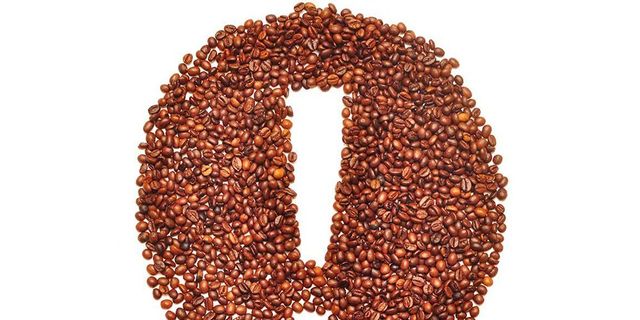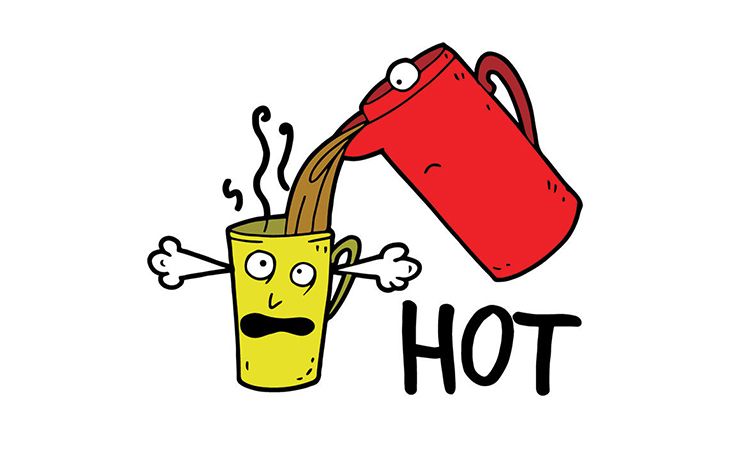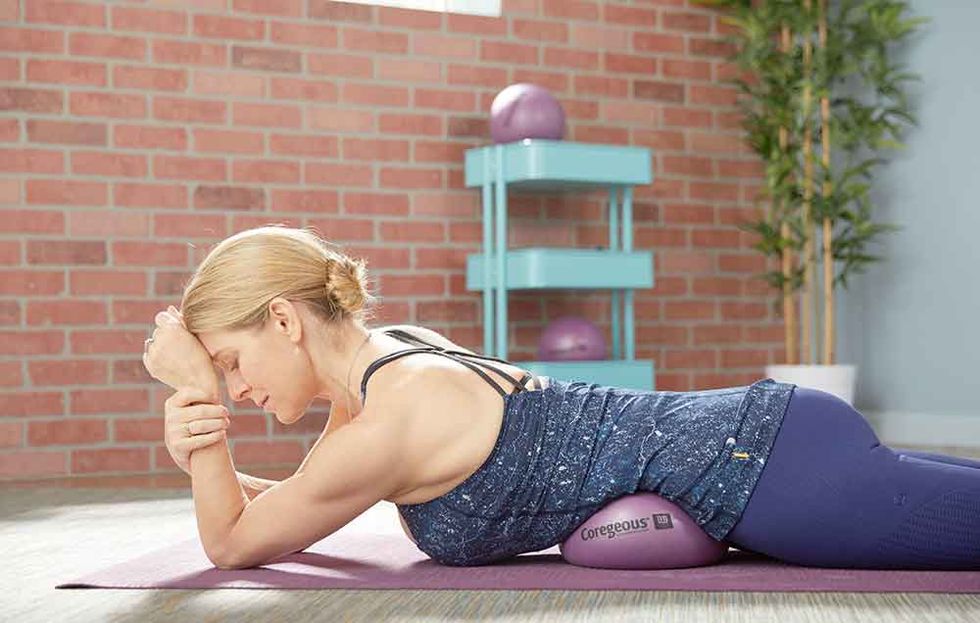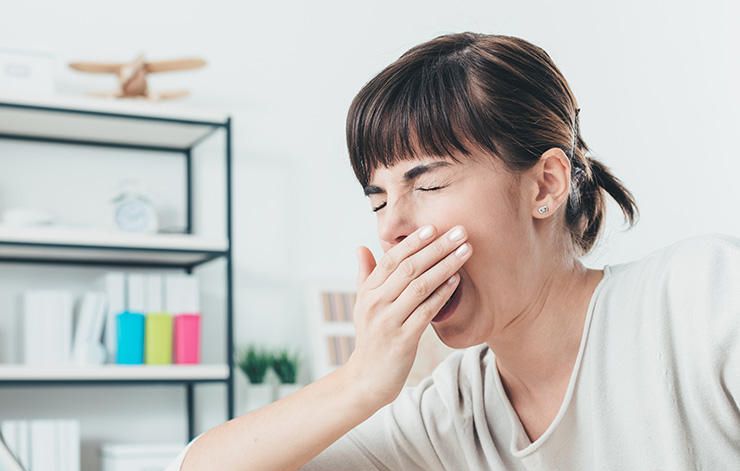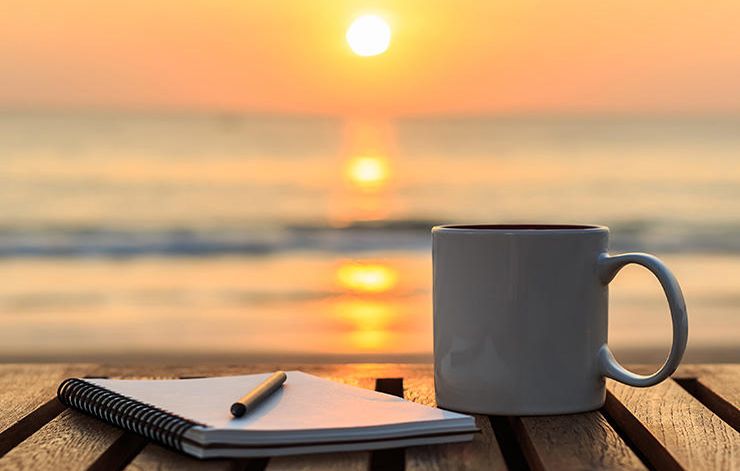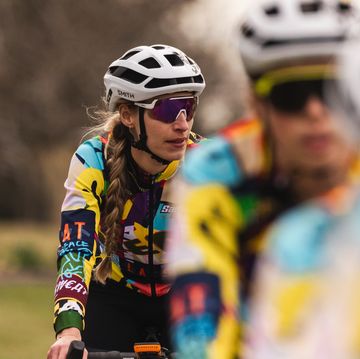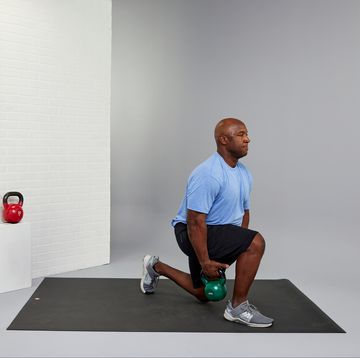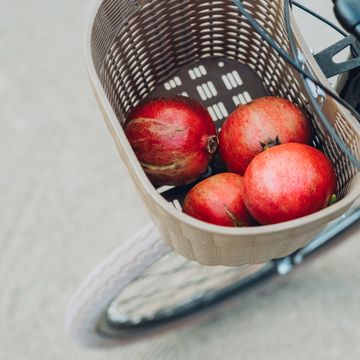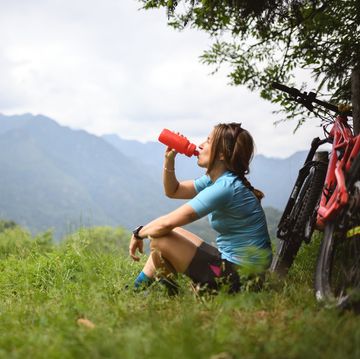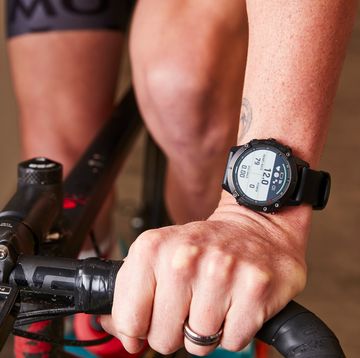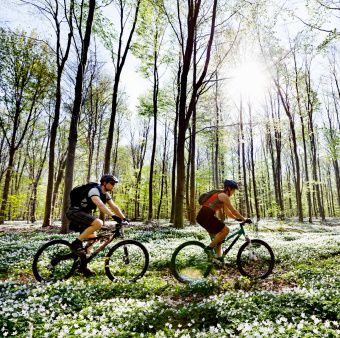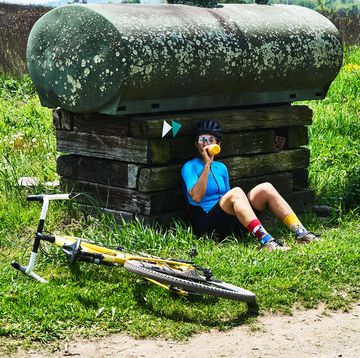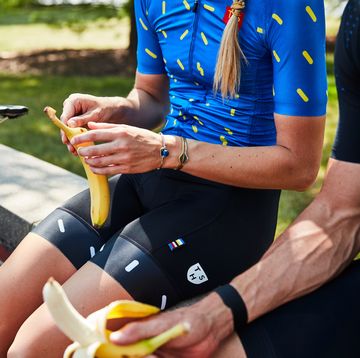The 4 Times You Should Never Drink Coffee
It's a staple beverage for many, but here are the situations in which you might want to avoid it
Don't get us wrong: We love coffee. It's our one vice that actually happens to be pretty healthy—loads of research links it to perks like reduced risk of dementia, increased metabolism, and reduced risk of skin cancer. And then, of course, there's its awesome energizing effect that fires us up in the morning and helps us pull through countless mid-afternoon energy slumps.
But it would be irresponsible to only highlight the good stuff. Research shows that in certain situations, you might want to avoid it—or at least scale back—to avoid a range of side effects from increased anxiety to cancer to exhaustion (yep, even despite the caffeine).
Here, four occasions in which coffee may be sabotaging your healthy lifestyle. (Get a flat belly in just 10 minutes a day with our reader-tested exercise plan!)
RELATED: 8 Ways To Eat For Energy
Watch Next
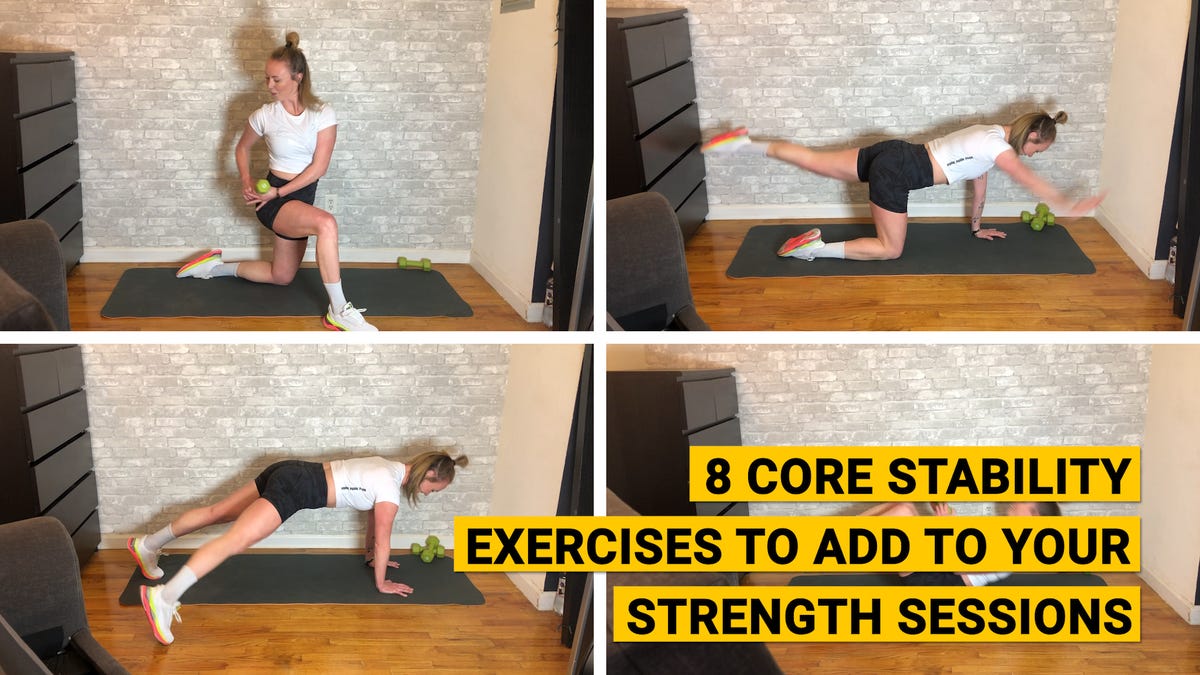
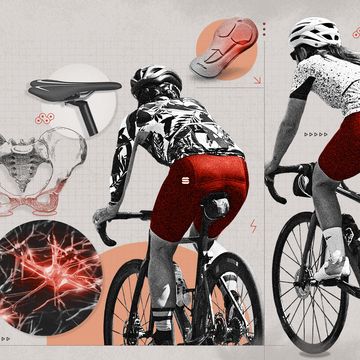
Cycling’s Silent Epidemic
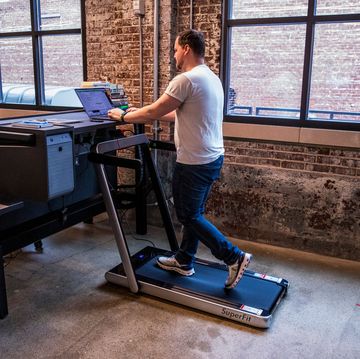
Want Boosted Brain Power? Walk While You Work
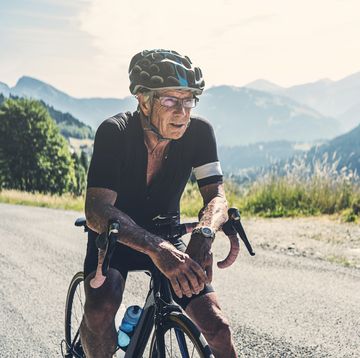
7 Expert Tips for Lowering Your Cholesterol
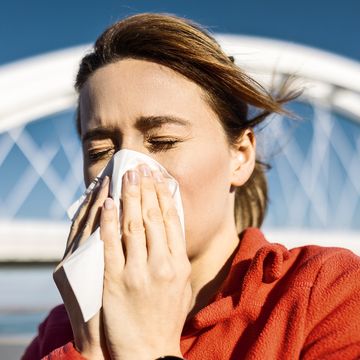
Allergies Ruining Your Ride? Here’s What to Do.
